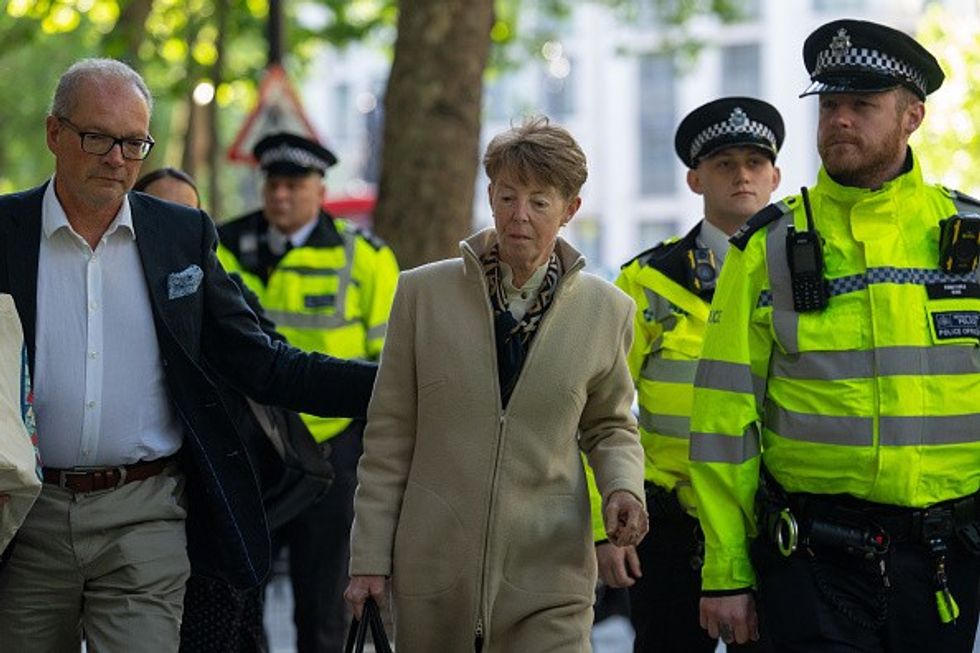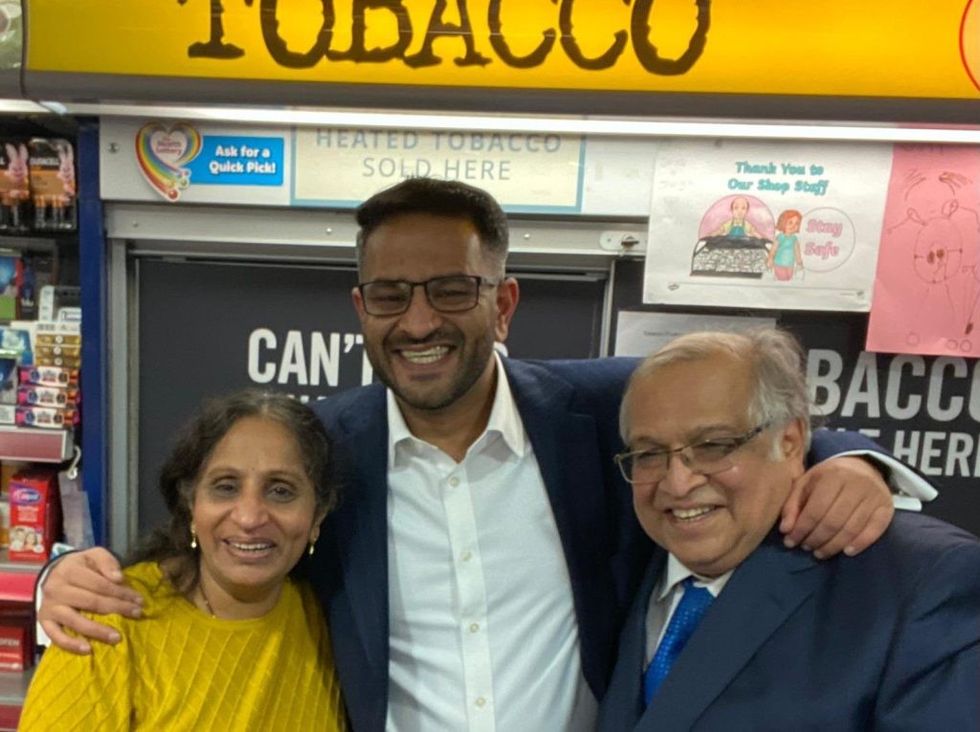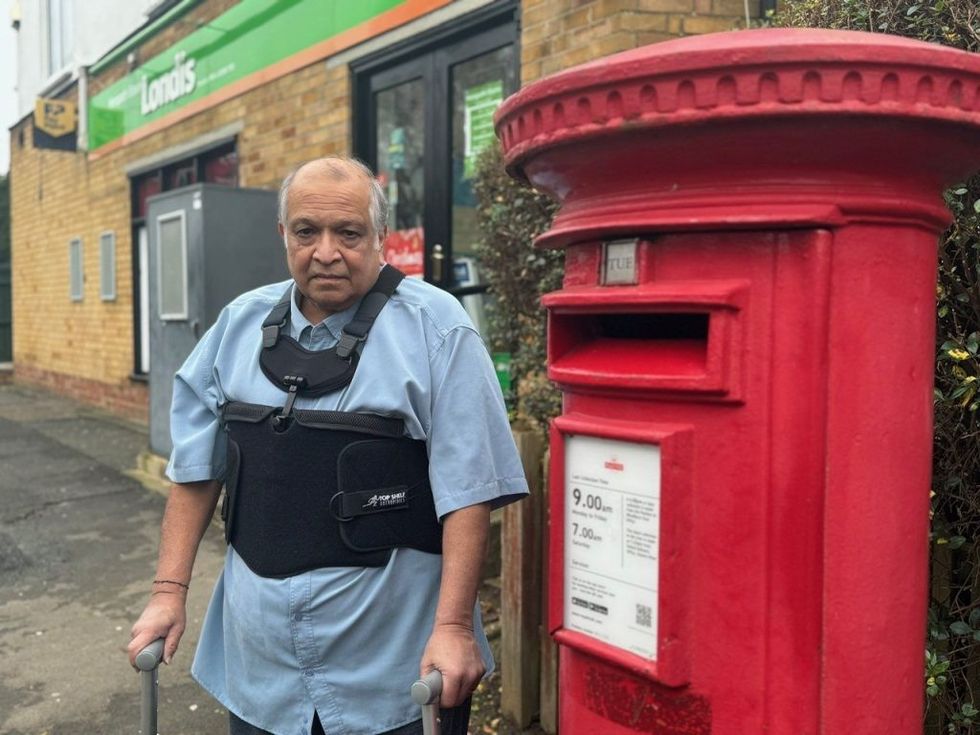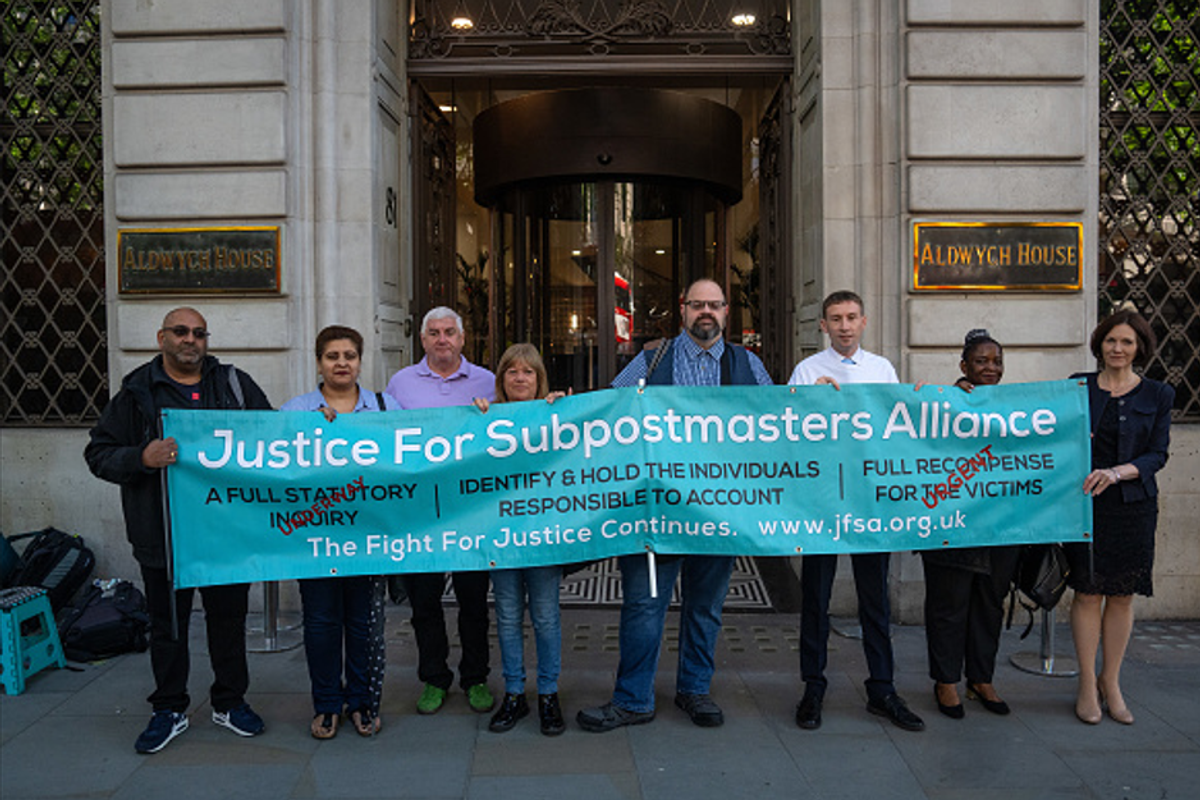“Accountability” and “truth” are what victims of the Post Office Horizon scandal are pinning for, as the Sir Wyn Williams inquiry heard some key hearings from the Post Office top brasses in the past weeks to establish how the Horizon system led to such disastrous consequences and who is to blame.
The Horizon IT scandal involved Post Office Limited pursuing thousands of innocent sub postmasters for shortfalls in their accounts, which had in fact been caused by faults in Horizon, the accounting software developed and maintained by Fujitsu. More than 900 sub-postmasters were wrongly prosecuted for stealing because of incorrect information from Horizon, and the notorious affair has become the UK's most widespread miscarriage of justice.
The Post Office itself took many cases to court, prosecuting 700 people between 1999 and 2015 while another 283 cases were brought by other bodies, including the Crown Prosecution Service (CPS). Most of those affected went bankrupt in the process, many were jailed, marriages broke down, many were ostracised by their local communities, at least four committed suicides while many passed away before being able to clear their names.
555 such convictions were quashed in 2021 while a bill quashing the convictions of hundreds of sub-postmasters has now become the law after being brought forward due to the general election. However, many questions still remain unanswered, and all eyes are now on the ongoing public statutory inquiry.
The latest phase of hearing saw the first-time public hearing of former Post Office boss Paula Vennells, who joined the system in 2007 and served as its chief executive from 2012 to 2019. The three-day hearing during which Vennells gave evidence saw a packed room filled with people, including many former sub-postmasters. The mood in the room became more defiant as the days progressed.

According to Vennells’ 775-page witness statement, she was not being given the information and documents she needed to find out the truth about the Horizon IT system. Although there was a lot she could not remember, she had a slew of tearful apologies to offer.
One of such apologies was also extended to former sub postmaster Lee Castleton, saying the business’ treatment of Castleton was “unforgivable”.
In 2003, Castleton was the Sub postmaster at East Bridlington Post Office in Yorkshire. In January 2004, the Horizon system at East Bridlington went haywire. By March 2004 the unexplained losses had hit £25,000. He was suspended after an audit that same month and ordered to repay the money. He refused.
He was eventually taken to the High Court by the Post Office where he had to represent himself. When he lost his case, the Post Office pursued him for legal costs of £321,000 which bankrupted him. After the legal action, Castleton was forced to close his shop, sell his house and move into rented accommodation, while his wife suffered stress-induced seizures and his children had to move schools because of bullying.
During the earlier hearings, Stephen Dilley, who represented the Post Office in the civil claim against Castleton, told the inquiry that Post Office knew wanted to “show the world” how it would defend the Horizon system.
Castleton however remains unimpressed and unaffected by Vennell’s apology. All he seeks now is truth and transparency as he now wants to move on in his life.
“Do I believe that Paula Vennells really feels now that what happened to me was ‘unforgivable’? I don't know. That’s her own personal opinion on what she feels is the right or wrong thing to do.
“Paula Vennells has lived her life and did whatever she had to do. I just want to get on with my life and move on forward. The lack of truth, the lack of openness and the lack of candidness is slowing everything down”, he told Asian Trader.
The former sub postmaster also pointed out that the there is a “stark difference between what they remember and what is actually written”.
"I think the judiciary needs to make up their minds and decide whether there's anything that they need to take further. Accountability is something that we all are hoping for,” Castleton said.
Institutional defensiveness
It also emerged during the recent hearings that the Post Office was showing signs of culture of institutional defensiveness as the top bosses were more concerned about the press rather than the truth behind the Horizon’s anomalies and its impact on those wrongly affected.
The inquiry heard that in 2013, when issues with bugs were discovered, Vennells was internally questioning if there should be a review of past prosecutions going back many years. The PR boss advised against this, saying “we don't want to be front page news" to which Vennells agreed.
However, on the ground, lives were being ripped apart.
Retailer Vipin Patel had been running the Horspath Post Office since 2002. The shortfalls due to issues with the Horizon system started almost immediately. By 2010, Vipin had paid around £45,000 from his own pocket to cover the shortfall. However, in December that year, auditors found a further shortfall of £34,000.
With no money left to cover this amount, Vipin was interrogated by Post Office investigators and suspended. He was given an 18-week suspended prison sentence in 2011 with an electronic tag for two months.
His total Horizon generated losses amounting to £77,000. He had to cash in his Royal Mail pension, sell his wife’s family heirlooms passed down over three generations and had to borrow money from his sister to cover profound discrepancies.
Apart from huge financial losses, it was the humiliation, racial abuse and being branded as thieves that further broke the back of the family. Poster of “Wanted Dead or Alive” was stuck on the family’s store, while the family was targeted multiple times by the residents of the area.
Vipin’s conviction was eventually quashed by Southwark Crown Court in 2020, but the damage that was done still continues to haunt the family.

Since the family’s finances took a hit, Vipin’s son, Varchasanraj V Patel, also known as Varchas, could not keep up with his higher education.
The family is not satisfied with Vennell’s statements.
Varchas told Asian Trader, “The new details emerging from Post Office Inquiry goes to prove how much the High Court in the Bates -v- Post Office was left in the dark.
“We were hopeful Paula Vennells would be more forthcoming compared to many witnesses prior to her giving evidence whose memories weren’t very good, but during Paula Vennells evidence sessions over three days, especially in the morning of the first day, it became clear to me she was not going to play ball and her recollection of events seems to be as bad as her colleagues.
“She was not being honest; her tears were just for show and the apologies were feeble and hollow,” Varchas told Asian Trader.
What’s next?
Phase 5 and 6 of the inquiry (expected to last until end of July) is still on. Some of the key names yet to be heard in this phase are Alice Perkins (former Chair of Post Office Ltd), Richard Christou (former Chief Executive and Executive Chairman of Fujitsu Services Holdings plc) and Gareth Jenkins (former Distinguished Engineer at Fujitsu Services Ltd).
Both Castleton and Varchas believe that Horizon was not the problem, but it was people behind it.
Castleton told Asian Trader, “This is not about some broken computer system. The software didn’t hurt people. We were made victims by another set of people who blindly believed in the system. It was those people who convicted us and made us broke.”
Varchas said, “It is more than evident that the Horizon system alone was not the problem, it was a human effort to pervert the course of justice and destroy so many sub postmaster lives. For example, one of my father’s investigators knew of a very damaging bug yet failed to investigate my father’s branch and hid the information.”
Varchas also believes that the ongoing inquiry must also concentrate on whether race played any part in the Post Office’s decision to prosecute their employees or anywhere in the criminal justice process.
He said, “A Fujitsu engineer who worked on the Horizon helpdesk told the inquiry in oral evidence that every time a south Asian sub-postmaster called the helpdesk, the helpdesk staff would shout across an open planned office and say, ‘we have another scamming Patel’.
“It was not only the mindset of NBSC and Horizon helpdesk, but the Post Office board and management equally thought the sub-postmasters had their hands in the till and tempted to steal –basically they had all stereotyped us.”
Varchas and his family want the complete truth to come out at the earliest.
“I really want the inquiry to drill down to every part of Post Office failures, but the Post Office is still fighting in the sense of its continued disclosure failures with the inquiry.”
Castleton too wants the truth to emerge and the real offenders to be held accountable for.
He said, "I want more truth. I've never seen as much paperwork as the inquiry now has. There are millions and millions of documents. We never had that amount of information before, and it just shows what was going on behind the scenes.
"The next stage to that will be quite interesting. I think Paula Vennells pointed the fingers at certain people, including the government. It'd be interesting to hear what they say about that, because somebody somewhere thought it was okay to spend hundreds of millions of pounds of taxpayer's money trying to defend the indefensible. I'd like to see who did that.”

“I hope that going forward, people can find it in their hearts to give us justice, to give us openness and show some kindness. That's what I would like.”
There are different compensation schemes in place to pay wronged sub-postmasters, including the Group Litigation Order relating to the 555 sub-postmasters in the group brought together by Sir Alan Bates. Calls are now being raised to pay the claimants quickly and give uplift to the interim payment.
Despite the decades being passed and years since Vipin’s conviction was quashed, he has not been offered any compensation. The old couple still runs a convenience store in Oxfordshire at the same site while Varchas helps after work and on weekends. The Post Office branch is now closed. Varchas said the abuse his father endured from the community during those years led to the rapid deterioration of his health.
Varchas told Asian Trader, “My father has not been offered a settlement by the Post Office because his claim has yet to be calculated which could take another couple of years (give or take).
“What is needed for my father and many sub-postmasters is a substantive uplift in interim payments that could potentially see my father retire. Currently he still helps my mother run our shop in Oxfordshire where the harm was inflicted by Post Office and some very horrible locals.”
However, with the elections in July and a new government in the making, the compensation process is expected to be slowed down further, leaving hundreds of victims, including people like Vipin and 91-year-old Betty Brown, clueless and waiting.


